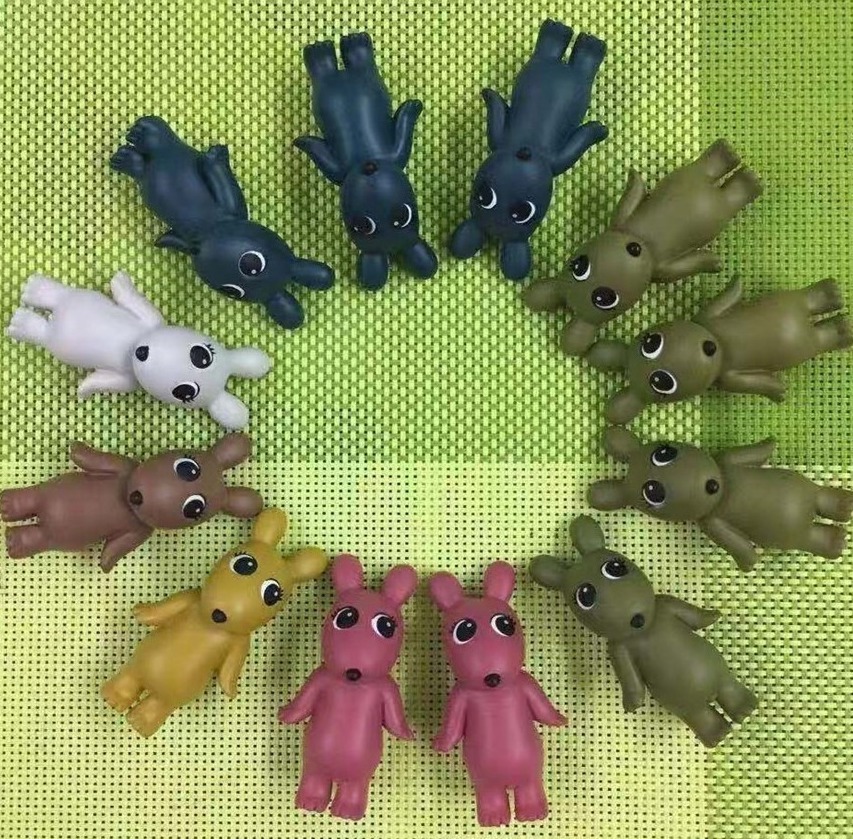Eager collectors keep blind boxes squarely in sights


"The excitement of getting the exact figure you want is similar to winning a lottery. I could also pay more to buy it online, but that's less thrilling."
While some collectors aim to collect every doll in a series, Wang said she only sought out those that appealed to her, "but sometimes you have to buy seven or eight dolls before getting the one".
Wen, 32, said, "The blind box is both affordable and unaffordable; a single one is cheap, but it encourages impulse buying."
Pop Mart sells its own designs and fashionable imports online and in 120 shops and 600 vending machines in 52 cities in the Chinese mainland.
The origin of blind boxes can be traced back to lucky bags sold in Japan from the late 1860s. In the 1970s, figures from Japanese cartoons began to be sold in vending machines in that country.
In China, children collected cards featuring ancient heroes that were hidden in packs of instant noodles in the 1990s, with blind boxes taking off in 2016, when Pop Mart began using them to sell Molly dolls.
Wang has bought more than 100 blind boxes since she began her collection in 2015. She keeps her 70 favorites in a closet and has sold or exchanged duplicates on online flea market platform Xianyu.


















